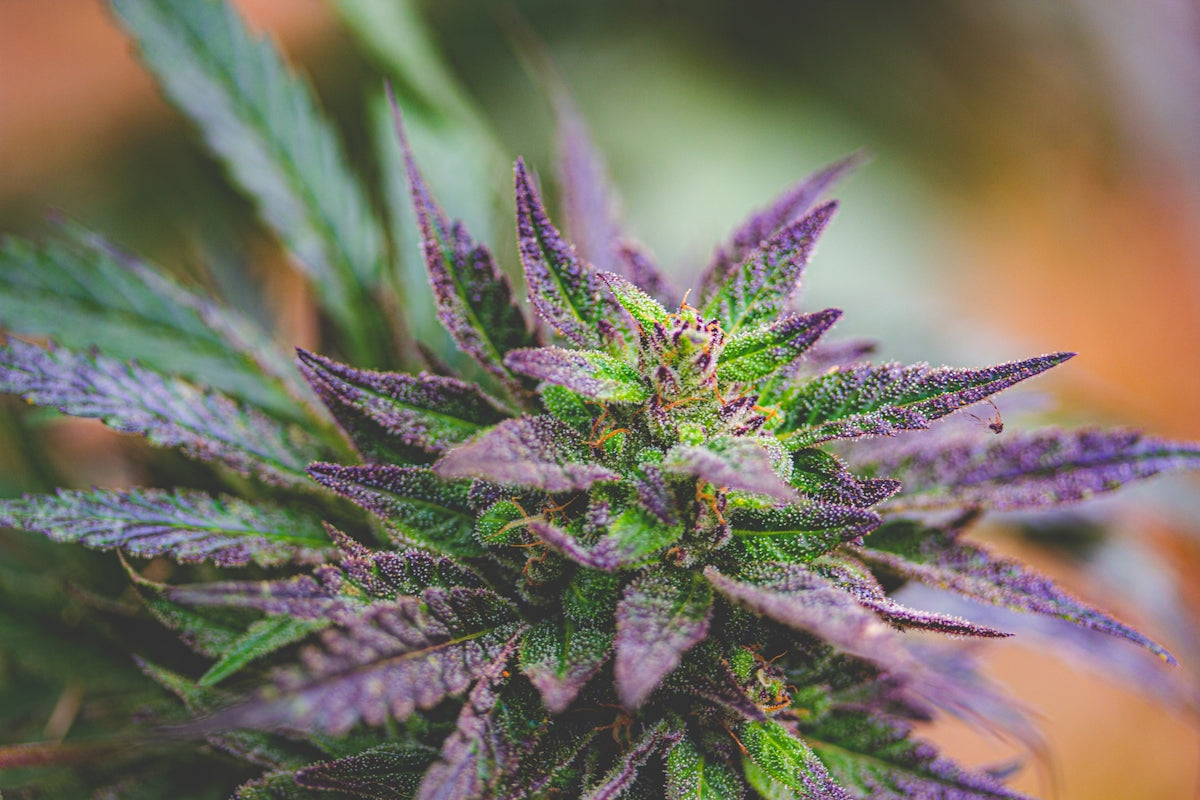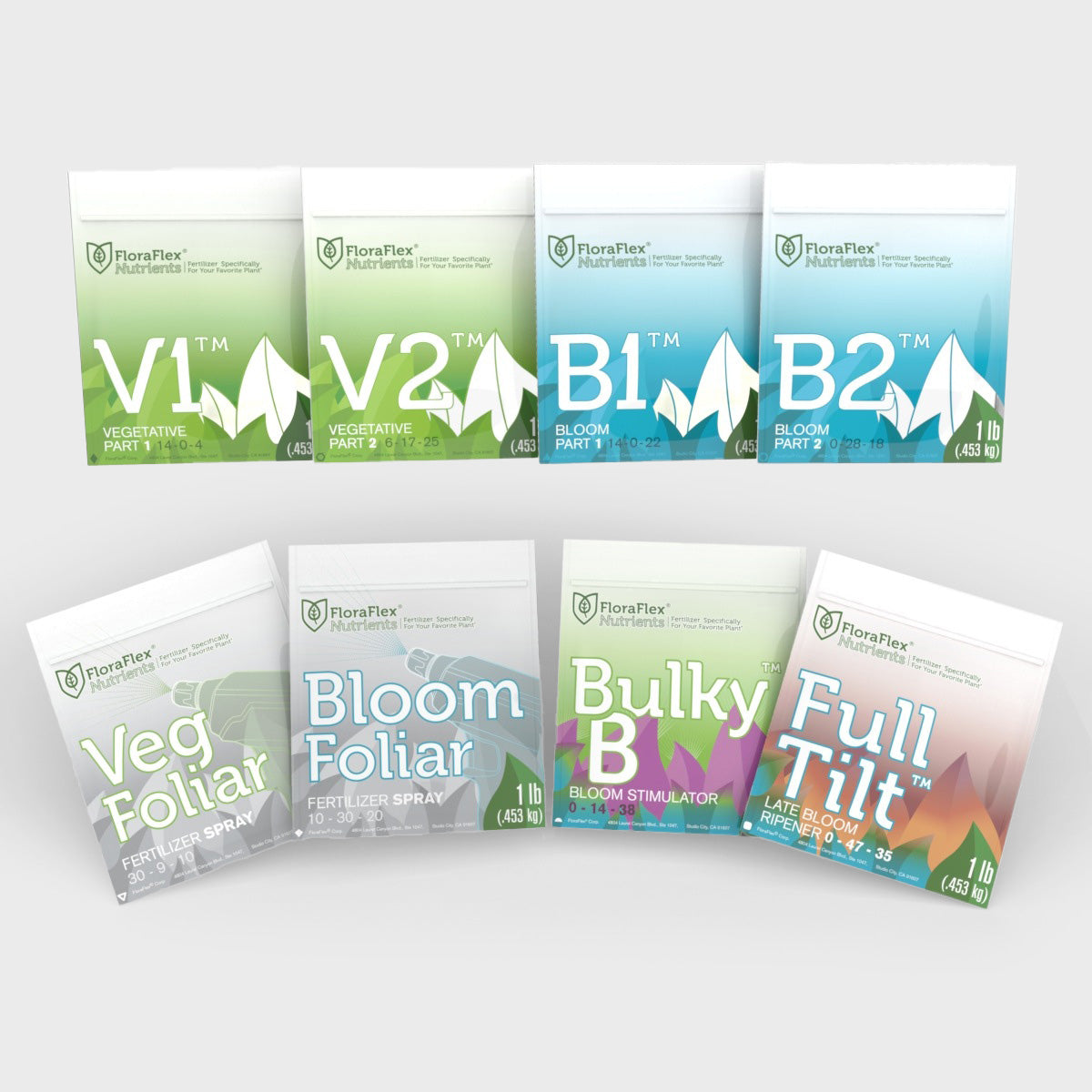Cannabis remains a topic of fervent debate and misunderstanding. These misconceptions persist, partly due to stigmas from the past century and the varied legal status it holds across different regions. It's essential to address these misunderstandings through education and tools that foster accurate, science-backed knowledge.
Common Misconceptions
Cannabis is Dangerous and Addictive
One of the most prevalent misconceptions is that cannabis is inherently risky and habit-forming. While any substance can be misused, research indicates that cannabis has a lower potential for addiction compared to substances like alcohol or tobacco. It's vital to differentiate recreational from medicinal use, where cannabis has shown promising benefits for managing chronic pain, anxiety, and more.
CBD and THC are the Same
Many people mistakenly believe that CBD and THC, the two primary compounds in cannabis, produce the same effects. However, CBD (cannabidiol) is non-psychoactive and is renowned for its healing properties. In contrast, THC (tetrahydrocannabinol) is responsible for the plant’s psychoactive effects. Understanding the difference is crucial for discussions about its medical use.
All Cannabis Products are the Same
The vast variety of cannabis strains and products can offer different effects and benefits. Educating the public on the diversity within the cannabis industry can help consumers make informed choices that best suit their needs. From tinctures to topicals, and edibles to vaping, each form serves a different purpose and user experience.
Educating the Public
Education is the cornerstone of dispelling myths and promoting safe, informed cannabis use. Here are a few ways to help the public gain an accurate understanding:
Engage with Scientific Research
Encourage engagement with peer-reviewed scientific studies rather than anecdotal sources. Educating the public about the existing body of research can help demystify cannabis and highlight its potential benefits and risks.
Workshops and Public Seminars
Organizing workshops and public seminars led by cannabis professionals and healthcare providers can address public concerns and provide answers in an open forum. These settings provide a platform for knowledge sharing and community engagement.
Utilize Quality Products for Demonstrations
Using quality cannabis-related products in educational demonstrations can illustrate how different tools and setups can enhance the cultivation experience. For instance, FloraFlex offers a range of products like the 2 Gal QuickFill™ | 60% WHC, which can aid in understanding efficient watering techniques specific to cannabis care. Similarly, products like the 2-Way 0.5 GPH Per Stake Assembly can demonstrate effective feeding methods, showcasing how these tools contribute to successful plant growth.
Promote Responsible Use
Encouraging discussions around responsible cannabis use is vital. Highlighting consumption methods, appropriate dosages, and potential interactions with other substances fosters a culture of responsibility and safety.
Conclusion
Correcting misconceptions about cannabis through education can pave the way for its responsible use, acceptance, and legitimation in medicinal contexts. Knowledge empowers individuals and dispels fear and stigma, helping society move towards an informed perspective on cannabis.
For more information on cultivating cannabis responsibly and insights into products that aid in effective growth, visit FloraFlex.









